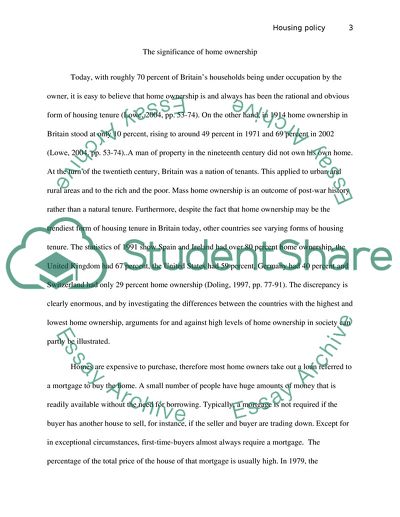Cite this document
(The Significance of Home Ownership Essay Example | Topics and Well Written Essays - 2750 words, n.d.)
The Significance of Home Ownership Essay Example | Topics and Well Written Essays - 2750 words. Retrieved from https://studentshare.org/architecture/1741565-housing-policy
The Significance of Home Ownership Essay Example | Topics and Well Written Essays - 2750 words. Retrieved from https://studentshare.org/architecture/1741565-housing-policy
(The Significance of Home Ownership Essay Example | Topics and Well Written Essays - 2750 Words)
The Significance of Home Ownership Essay Example | Topics and Well Written Essays - 2750 Words. https://studentshare.org/architecture/1741565-housing-policy.
The Significance of Home Ownership Essay Example | Topics and Well Written Essays - 2750 Words. https://studentshare.org/architecture/1741565-housing-policy.
“The Significance of Home Ownership Essay Example | Topics and Well Written Essays - 2750 Words”, n.d. https://studentshare.org/architecture/1741565-housing-policy.


